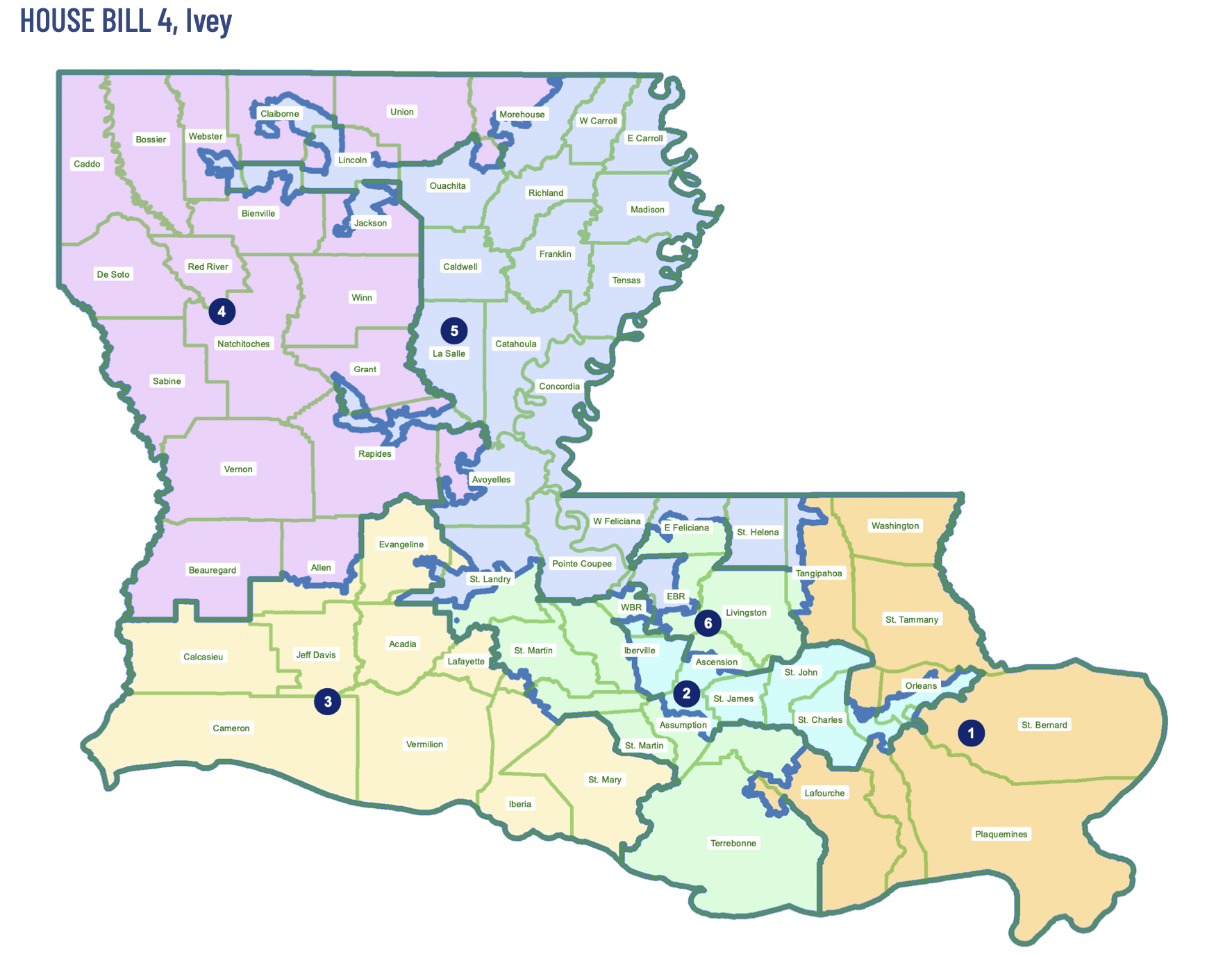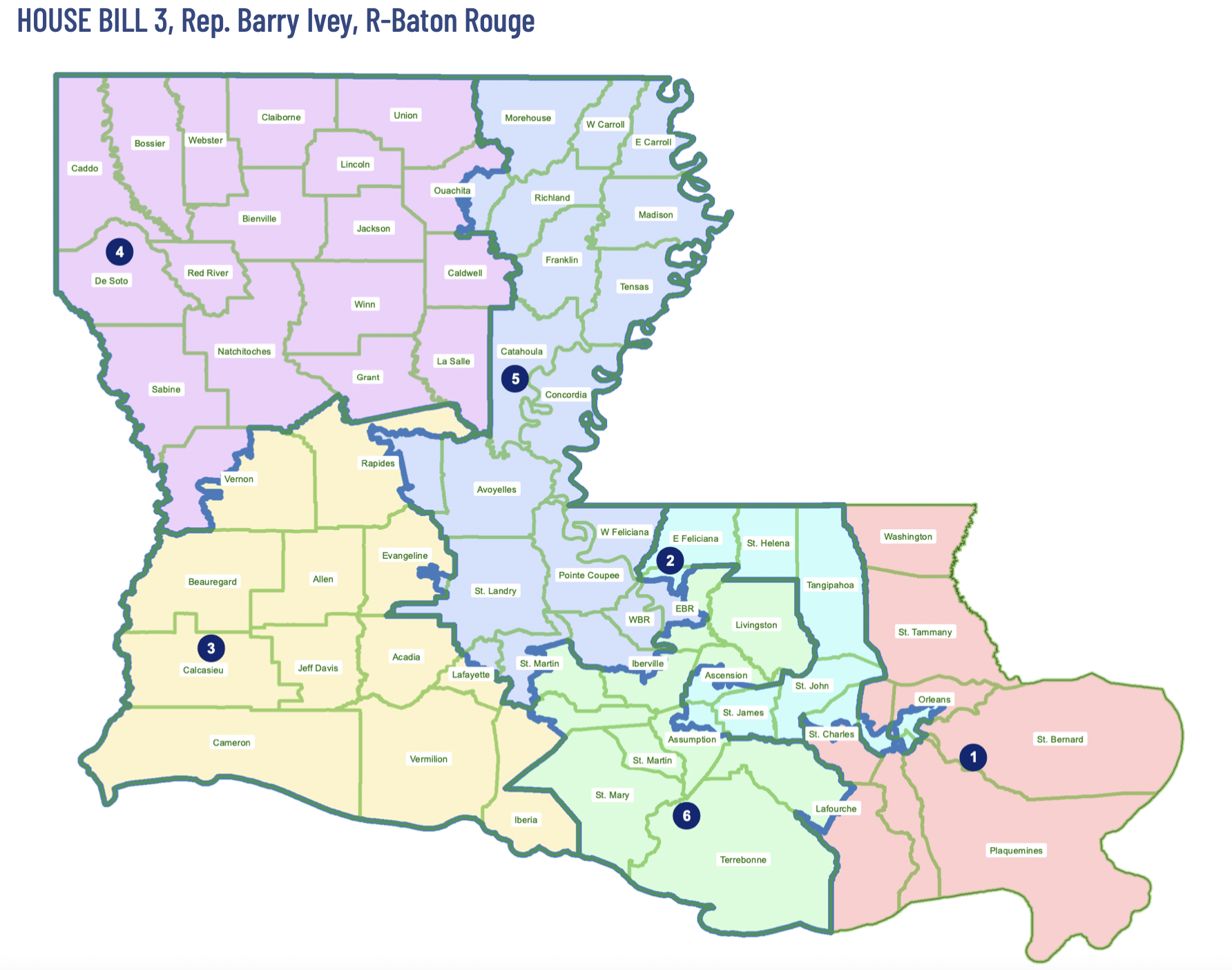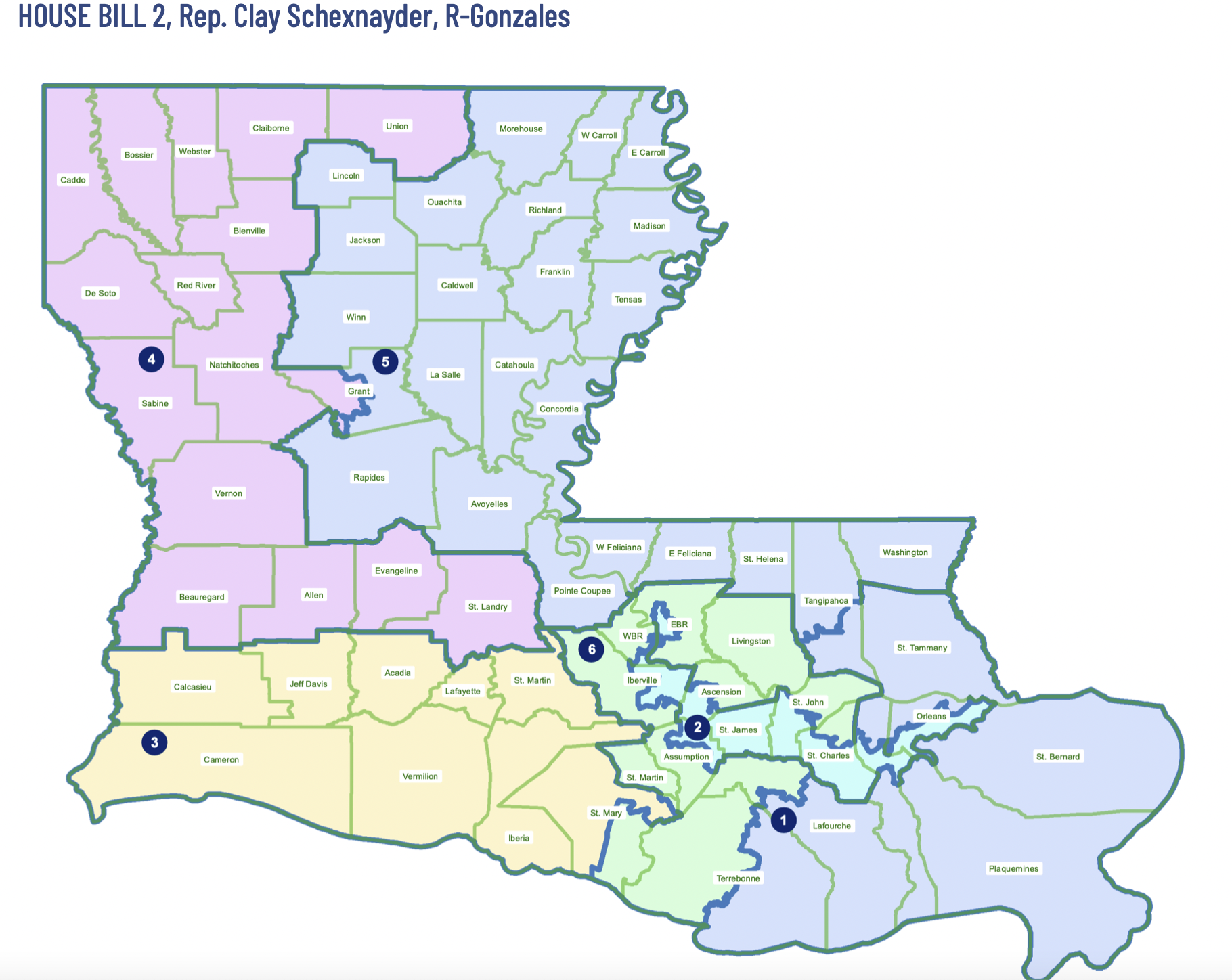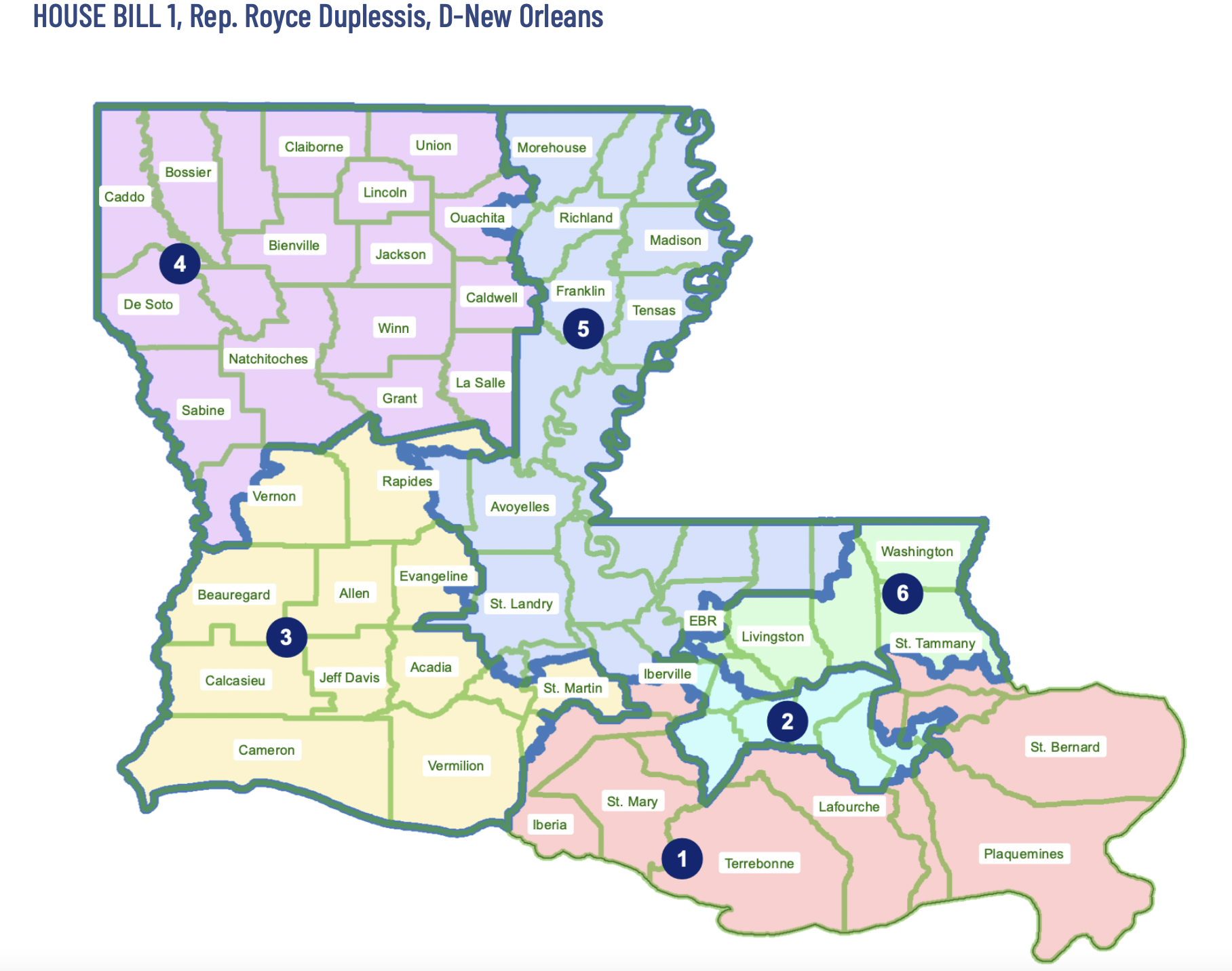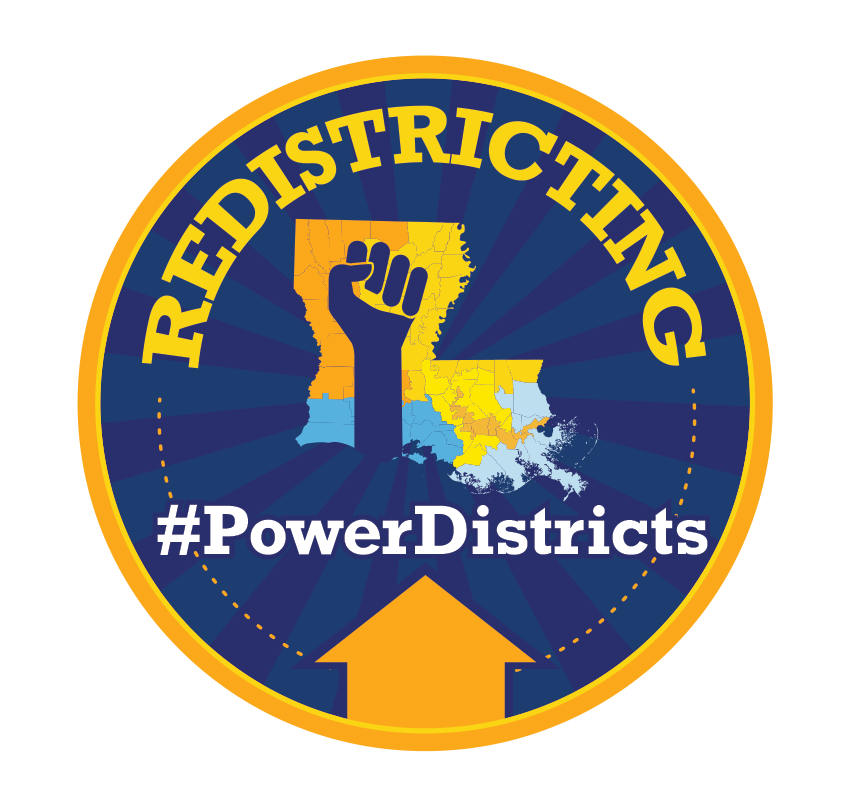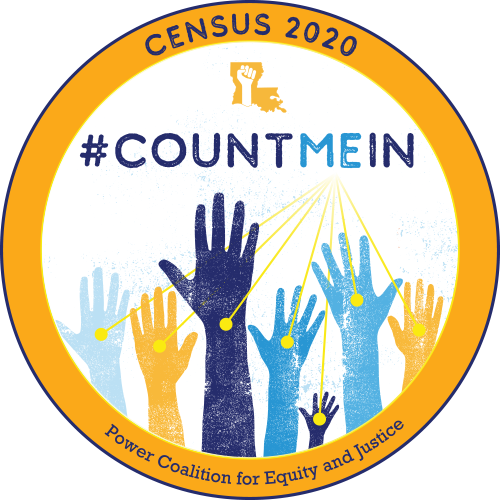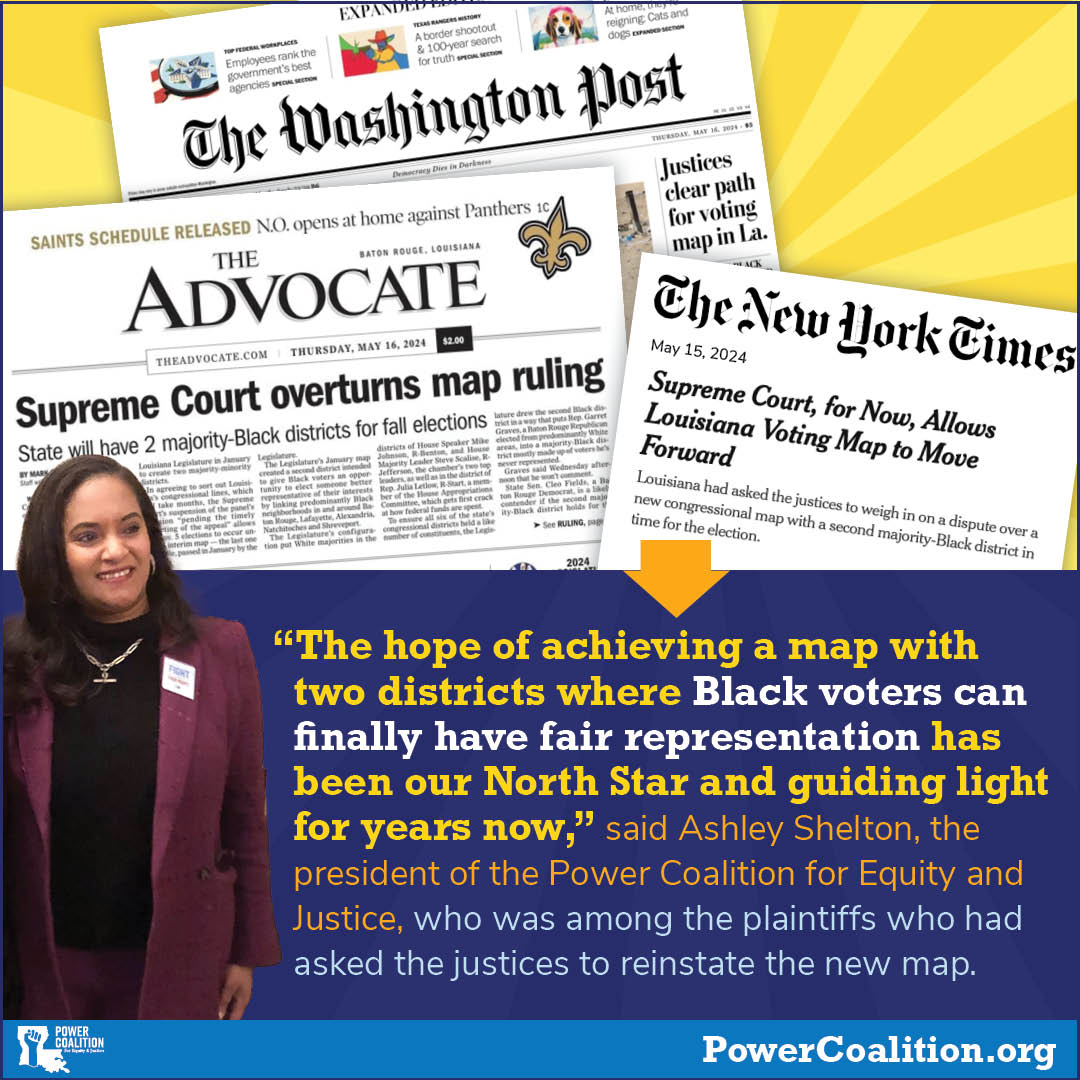Get Involved in the Fight for Fair Maps
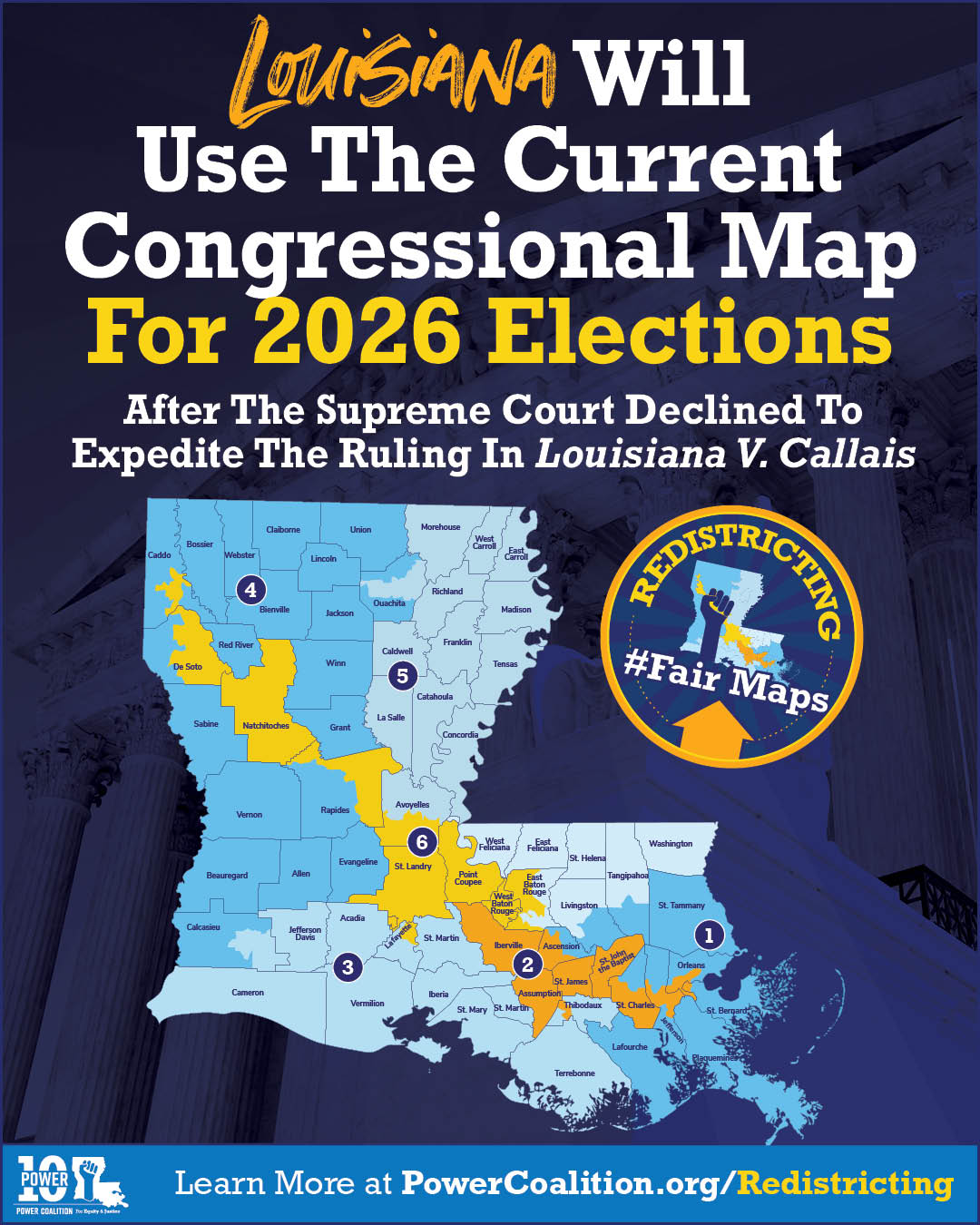
Louisiana will use its current congressional map for the 2026 elections after the U.S. Supreme Court declined to expedite a ruling in Louisiana v. Callais. This decision leaves the existing districts in place while legal challenges continue, delaying any changes to the state’s congressional boundaries.
Redistricting determines how communities are represented in Congress, and fair maps are essential to protecting voters’ voices.
Louisiana’s Special Session Wrap-Up: What You Need to Know
The 2025 Louisiana Special Legislative Session has officially ended — and only four measures made it across the finish line: SB 1, SB 2, HR 1, and HCR 3.
While the session was short, the impact of these bills will be felt across our communities — especially when it comes to voting access and fair representation.
This session was intentionally rushed. The Louisiana Legislature changed election dates ahead of the Louisiana v. Callais ruling to position itself to redraw the congressional map before the 2026 elections. This was an intentional move to dilute Black voting power and undo recent gains in representation.
What Passed
SB 1 – Changing 2026 Election Dates
SB 1 shifts several election dates in 2026 — moving the spring elections from April 18 to May 16 and the runoffs from May 30 to June 27. These changes may seem procedural, but they matter: shifting dates can affect voter turnout, registration timelines, and how communities plan outreach and mobilization efforts.
Our take: The Legislature is trying to give itself a window to pass a map that disenfranchises Black voters if the Supreme Court strikes down the current map. This is not just the changing of dates. This is the beginning of a bait and switch on Black voters in Louisiana who finally got a representative map.
SB 2 – New Date for Constitutional Amendment Election
SB 2 also moves the election for proposed constitutional amendments t Our Take: This resolution acknowledges a real concern — that thousands of families rely on timely SNAP benefits — but it falls short of serving everyone in need. More than 53,000 adults will lose access to food assistance, leaving individuals without the support they depend on. SB 1 and SB 2, taken together, reflect a trend we’re seeing nationally: big policy impacts hidden in technical or procedural bills. Election changes can shift who shows up at the polls and whose voices are heard. At the Power Coalition for Equity & Justice, we believe that every legislative session is a chance to push for transparency, accountability, and equity. Power Coalition and our partners are already:
HCR 3 urges and requests the Louisiana Department of Health to continue funding SNAP (food assistance) benefits only for the elderly, disabled and children when federal dollars are delayed or unavailable.
HR 1 – Urging Congress to Reimburse States for Continuing SNAP Benefits
HR 1 urges the U.S. Congress to authorize reimbursement for states that use their own money (non-federal funds) to continue SNAP (Supplemental Nutrition Assistance Program) benefits during a federal shutdown.
What It Means for Equity & Justice
What’s Next
Resources
Louisiana v. Callais Oral Argument at U.S. Supreme Court
2025 Special Session Bill Tracker
| Bill Focus | Bill # | Bill Sponsor | Summary | Current Status |
|---|---|---|---|---|
| Elections and Voting | HB 1 | REP. BEAULLIEU | This Bill would move all elections set to take place on April 18th to May 16th. It would move all runoffs set to take place on May 30th to June 27th. This is a companion bill to SB 1. | |
| Elections and Voting | HB 2 | REP. BEAULLIEU | This bill would move the proposed constitutional amendments set to go before the voters on April 18th to May 16th. This is a companion bill to SB 2. | |
| Elections and Voting | HB 3 | REP. BAYHAM | This bill temporarily reduces the 2026 qualifying fees for congressional candidates to $600 for both U.S. representative and U.S. senator races, down from the current $1,500 and $3,500, respectively. | |
| Elections and Voting | HB 4 | REP. BAYHAM | The bill designates the 2026 fall primary as the party primary election and the 2026 fall general election as the party general election. | |
| Elections and Voting | HB 5 | REP. JORDAN | The bill requires the legislature to expand its redistricting website for the 2026 election cycle to include not only public hearing materials but also committee hearing documents, official redistricting bills and mapping files, and any third-party analyses of redistricting plans. |
What's the Case?
-
Black Louisianians, who make up one-third of the state’s population, organized, legislated, and litigated for years for the promise of a fair and representative congressional map.
-
Finally, they won this fight and achieved a map with two districts where Black voters had a real opportunity to elect their candidates of choice
-
Now, opponents of Louisiana’s congressional map — and the State itself — are trying to contort a case challenging that map into an outright attack on the VRA.
-
SCOTUS heard arguments in March 2025 and has now ordered re-arguments for October 15, 2025, specifically to address the question of whether the “intentional creation of a second majority-minority congressional district violates the Fourteenth or Fifteenth Amendments.”
Main Takeaways
-
Representation is Citizenship. If Black voters cannot elect candidates of choice, then representation is incomplete — and democracy is weakened.
-
60 Years Later, Still Fighting. On the 60th anniversary of the Voting Rights Act, the very protections people died for remain under attack. We cannot let history repeat itself.
-
Protect the Promise. The 14th and 15th Amendments were written to defend the rights of formerly enslaved people and their descendants. They must not be weaponized against these very communities.
-
Fighting for Fair Maps. This is not about partisanship — it’s about fairness, equality, and rules that everyone can trust.
Why It Matters
-
Section 2 of the VRA is at stake. It was designed to stop vote dilution and ensure communities of color can elect representatives of their choice. Weakening it would strip away one of the last remaining protections of the VRA.
-
The Constitution is being flipped. The 14th and 15th Amendments were written to protect Black voters after the Civil War. Now, they’re being reinterpreted to protect those already in power and undermine equal representation.
-
Louisiana sets the precedent. A ruling against Black voters could open the door for states nationwide to eliminate majority-minority districts, dismantling decades of civil rights progress.
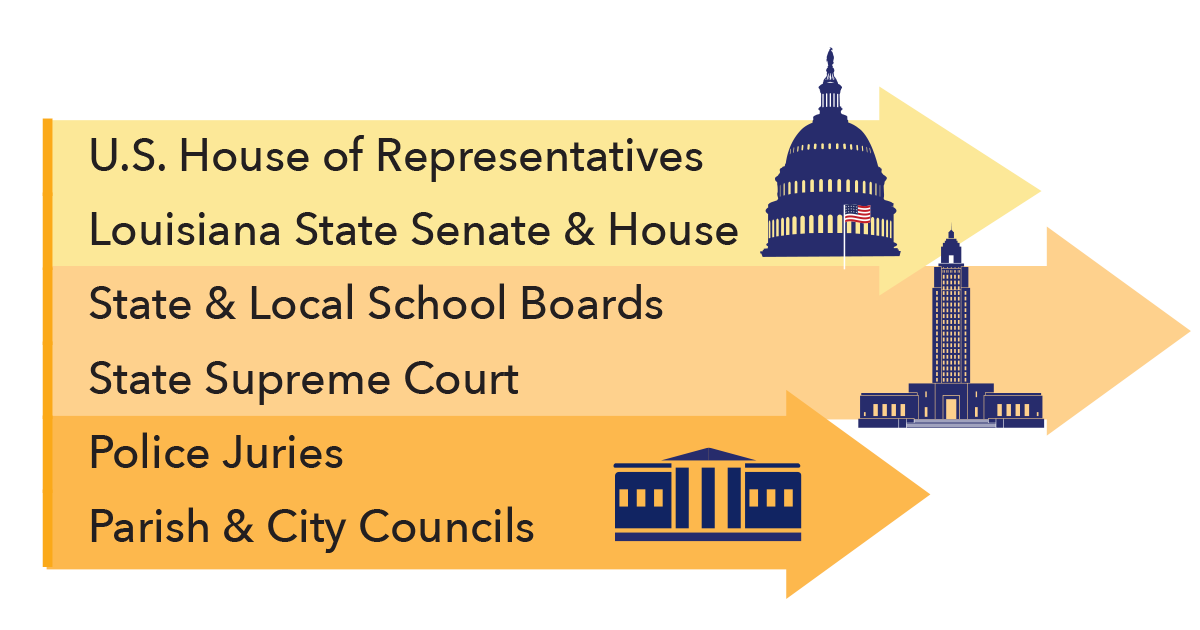
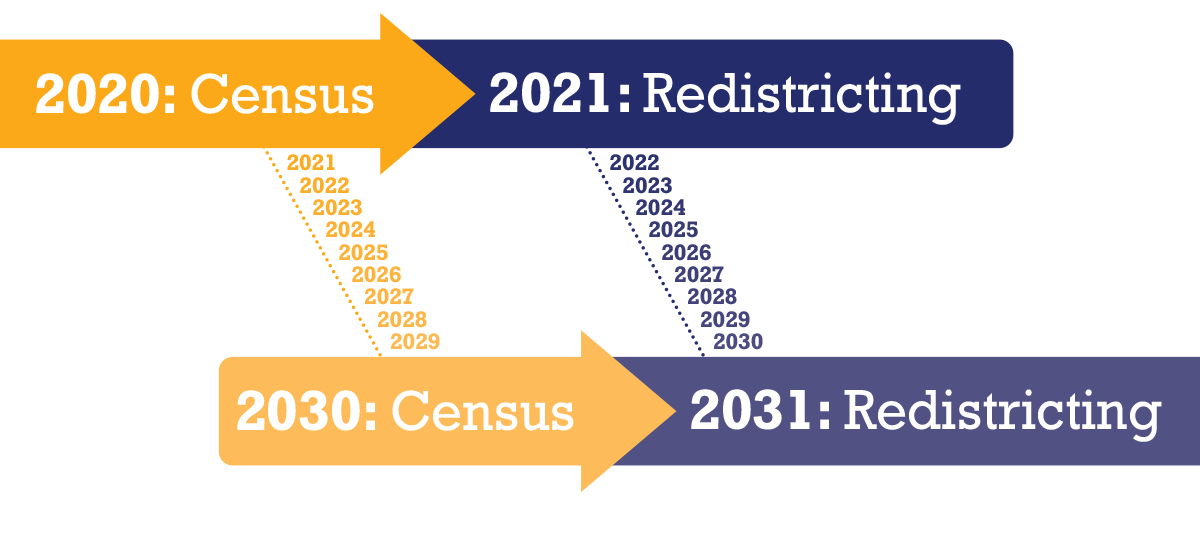
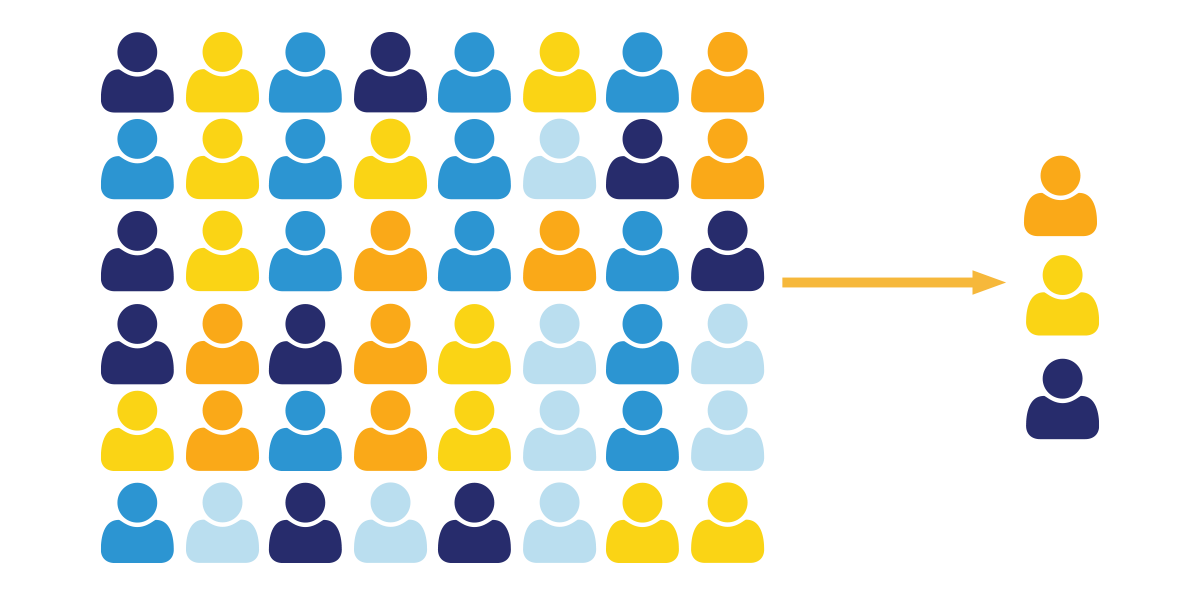
- Contiguity: Every district has to remain connected–they can’t “jump” from one place to another.
- Compactness: With few exceptions, districts shouldn’t be drawn in extremely odd shapes.
- Communities of Interest:This one can be very subjective, and is the most controversial. Generally, districts should try to keep populations that share interests--e.g., fishing communities--together as much as possible.
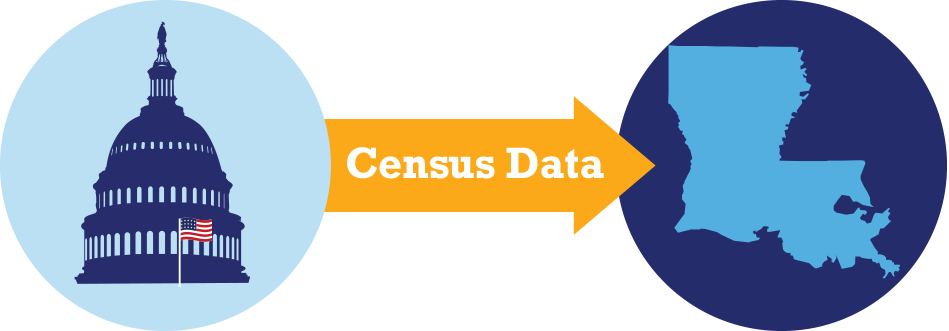
1

2
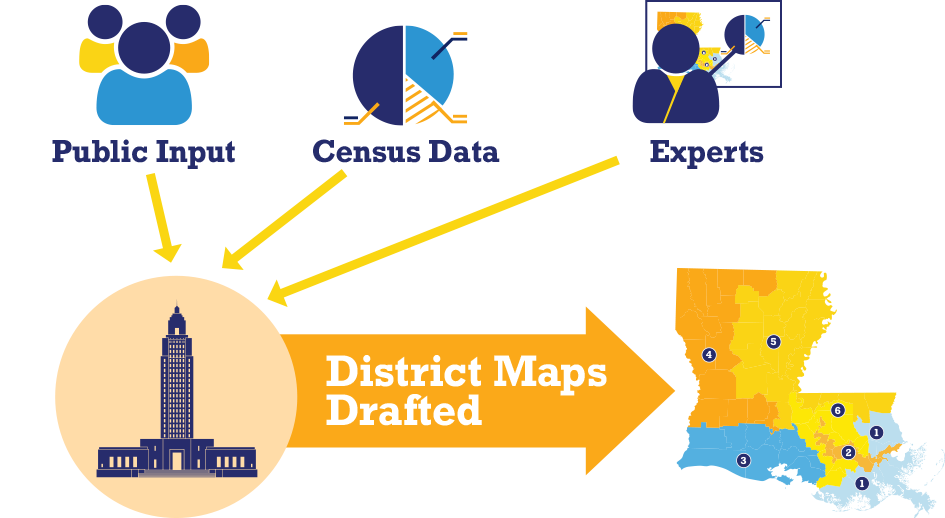
3
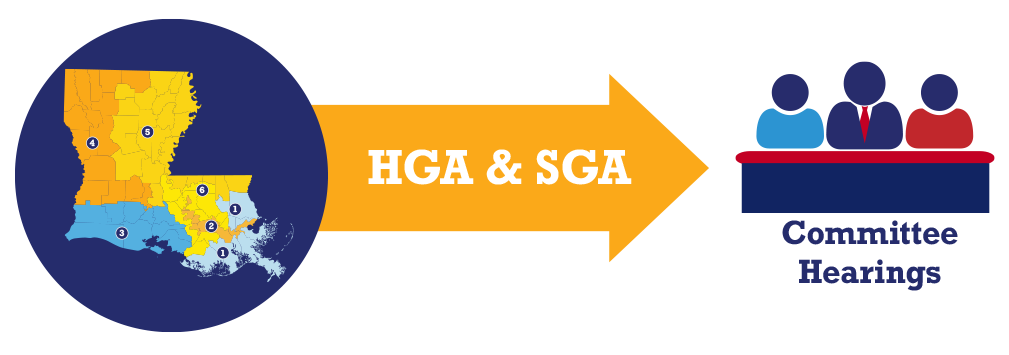
4
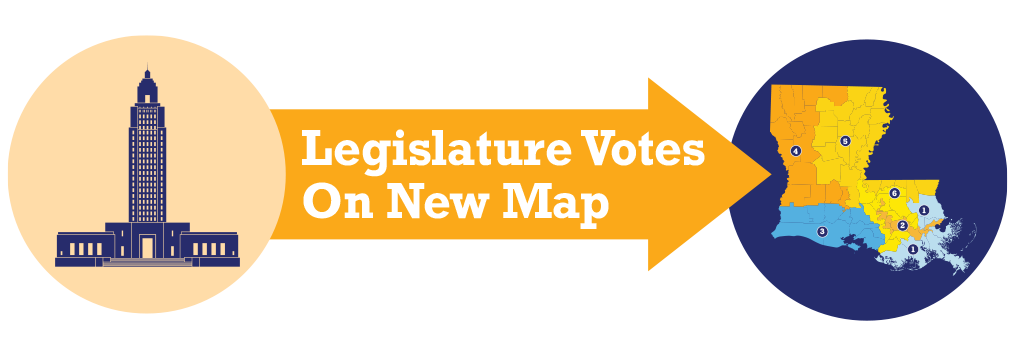
5
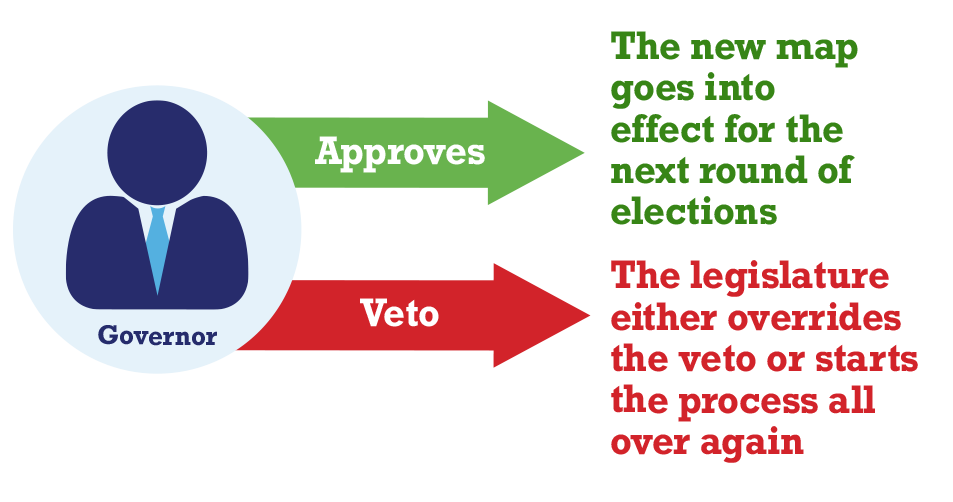
6
- Redistricting plays a critical role in who runs for office, who is elected, and how they vote once they’re in office.
- It’s one of the most important factors in determining who represents you and how they represent you.
who runs for office
who is elected
how they vote
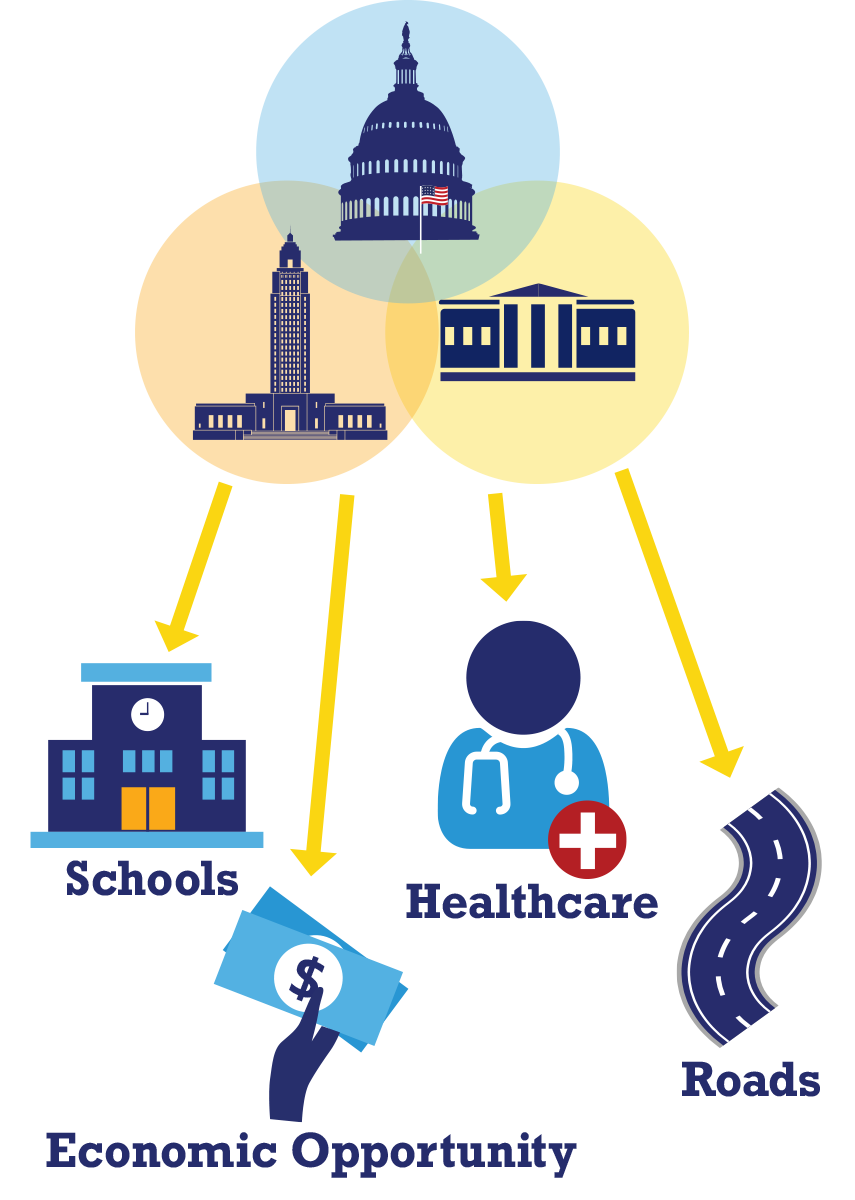
- Your local, state, and federal elected representatives make decisions that impact your everyday life, like economic opportunity, healthcare, schools, roads, and so much more.
- The makeup of a district can significantly influence how and whether elected officials respond to a community’s needs.
- Redistricting only happens once every 10 years, and the policy impact can last even longer. We can’t miss this chance to demand fair and representative districts.

Louisiana Legislature
- U.S. Congress
- State Senate & House
- State Supreme Court
- Board of Elementary and Secondary Education (BESE)
- Public Service Commission (PSC)

- The public plays a key role in determining how the redistricting process plays out and how the district lines are ultimately drawn.
- Submit comments during public redistricting hearings.
- Anyone can do it.
Local Governments
- City Council
- Parish Council
- Police Jury
- Judicial








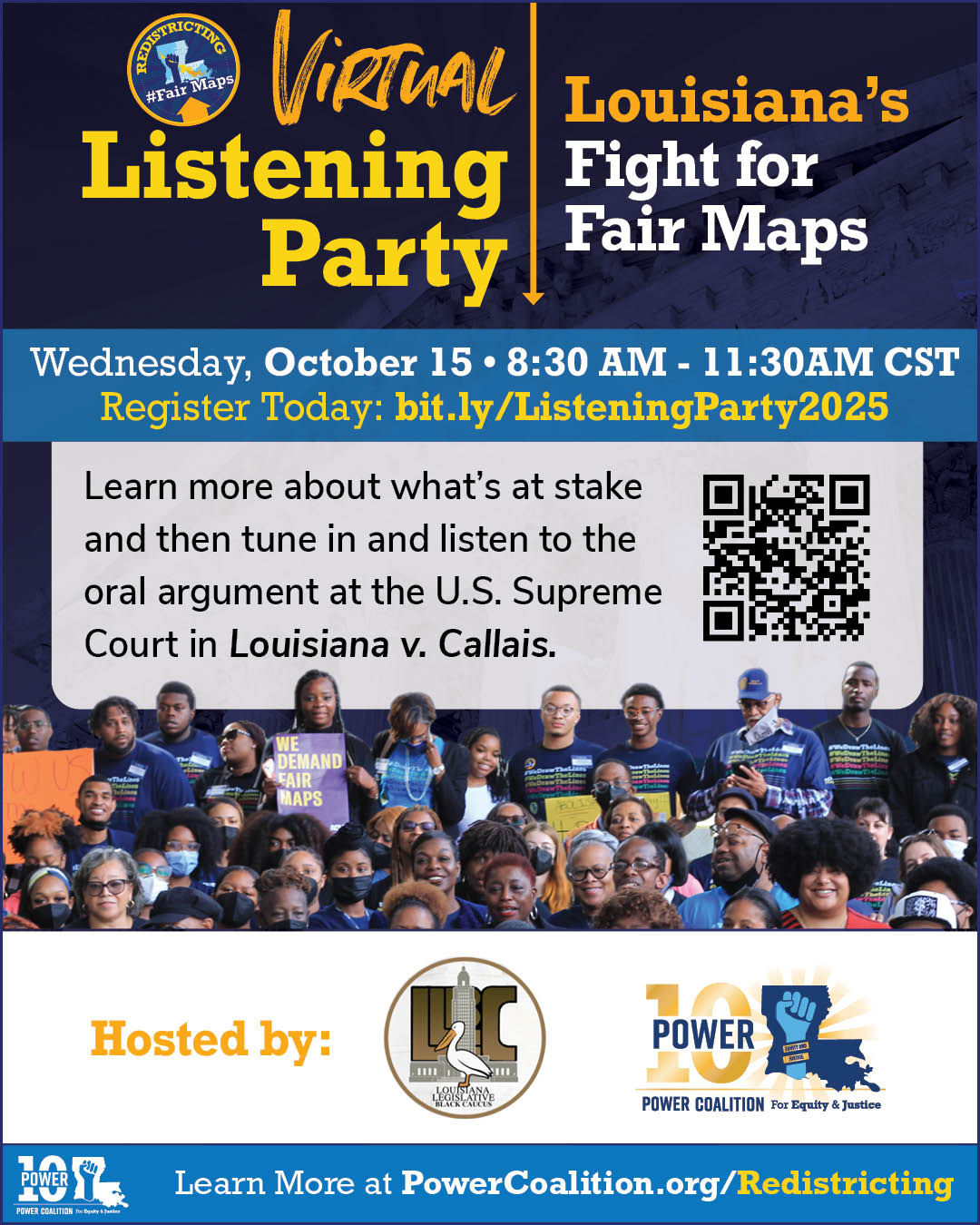
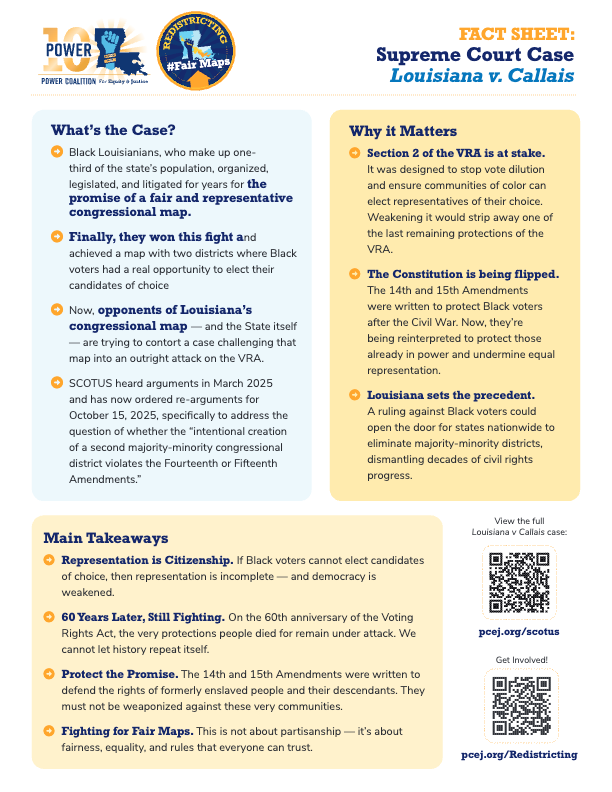
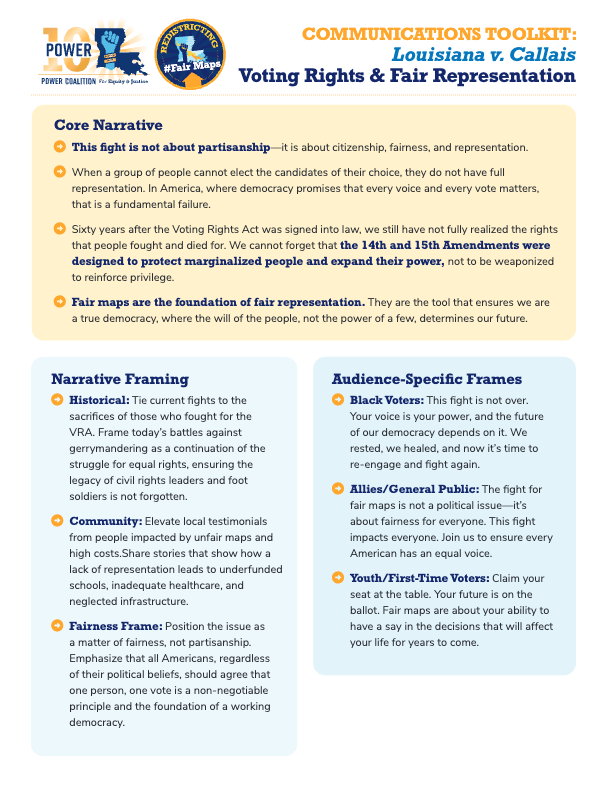
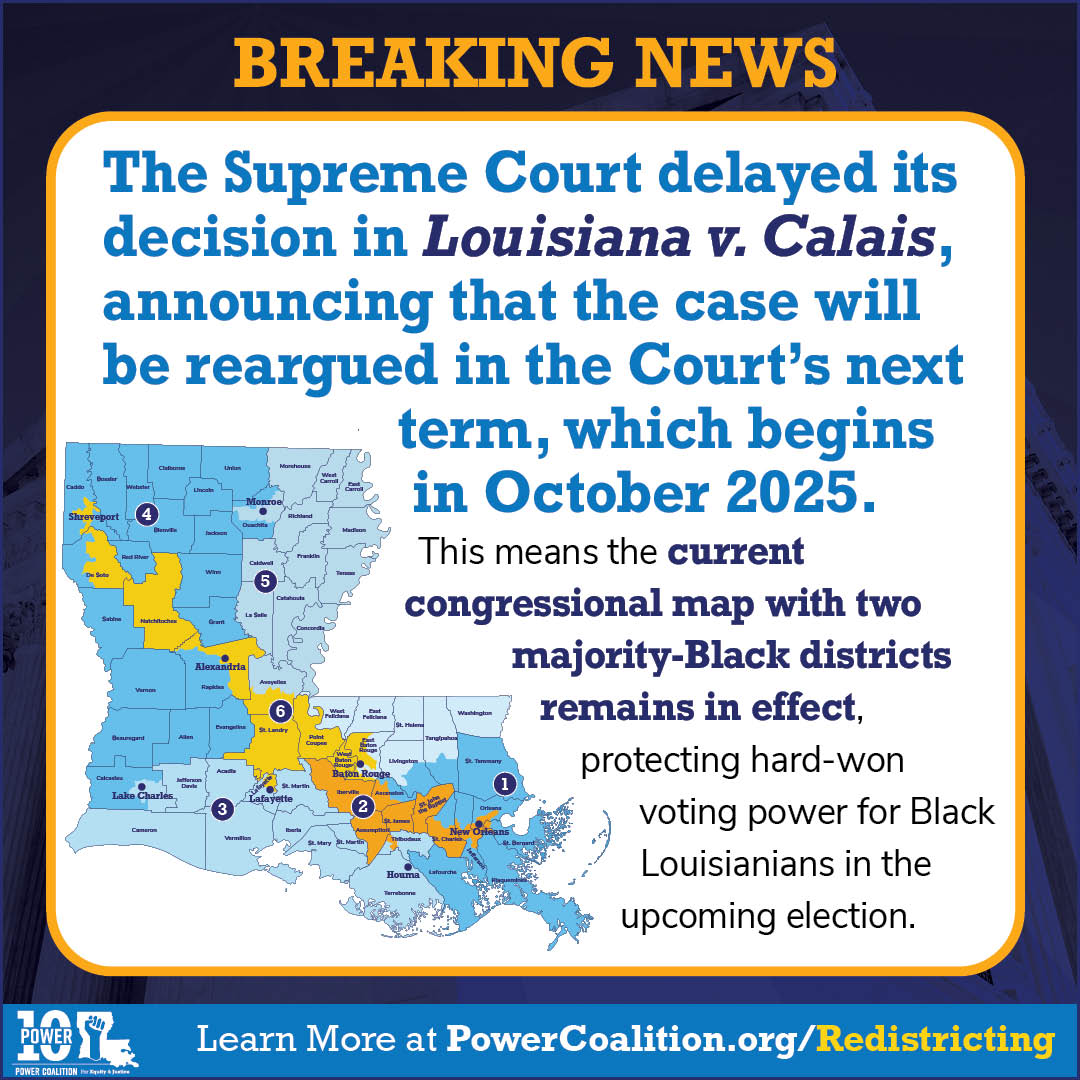
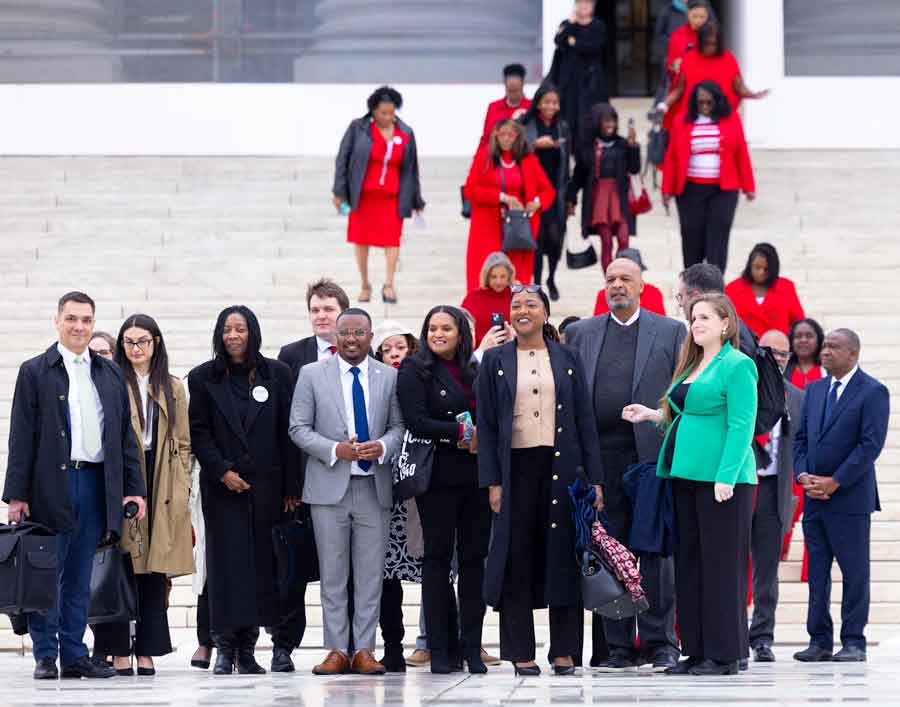
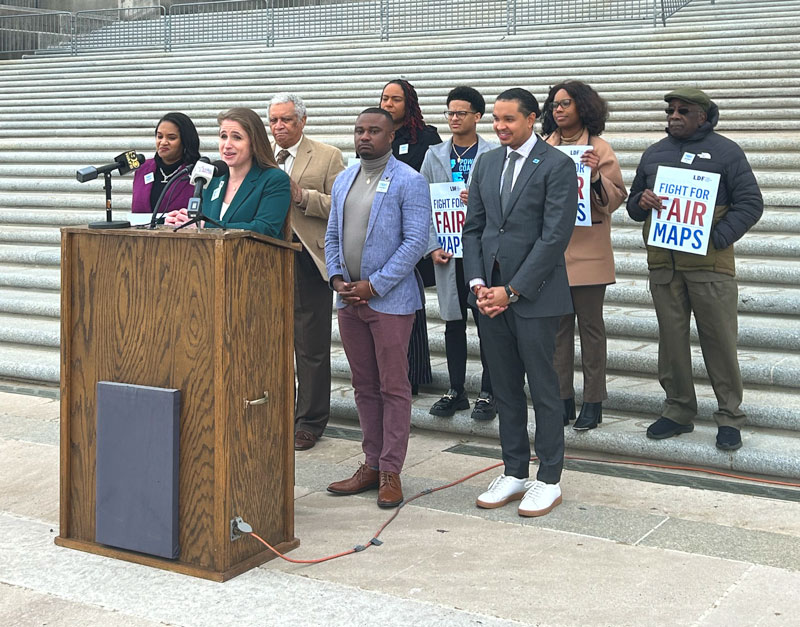
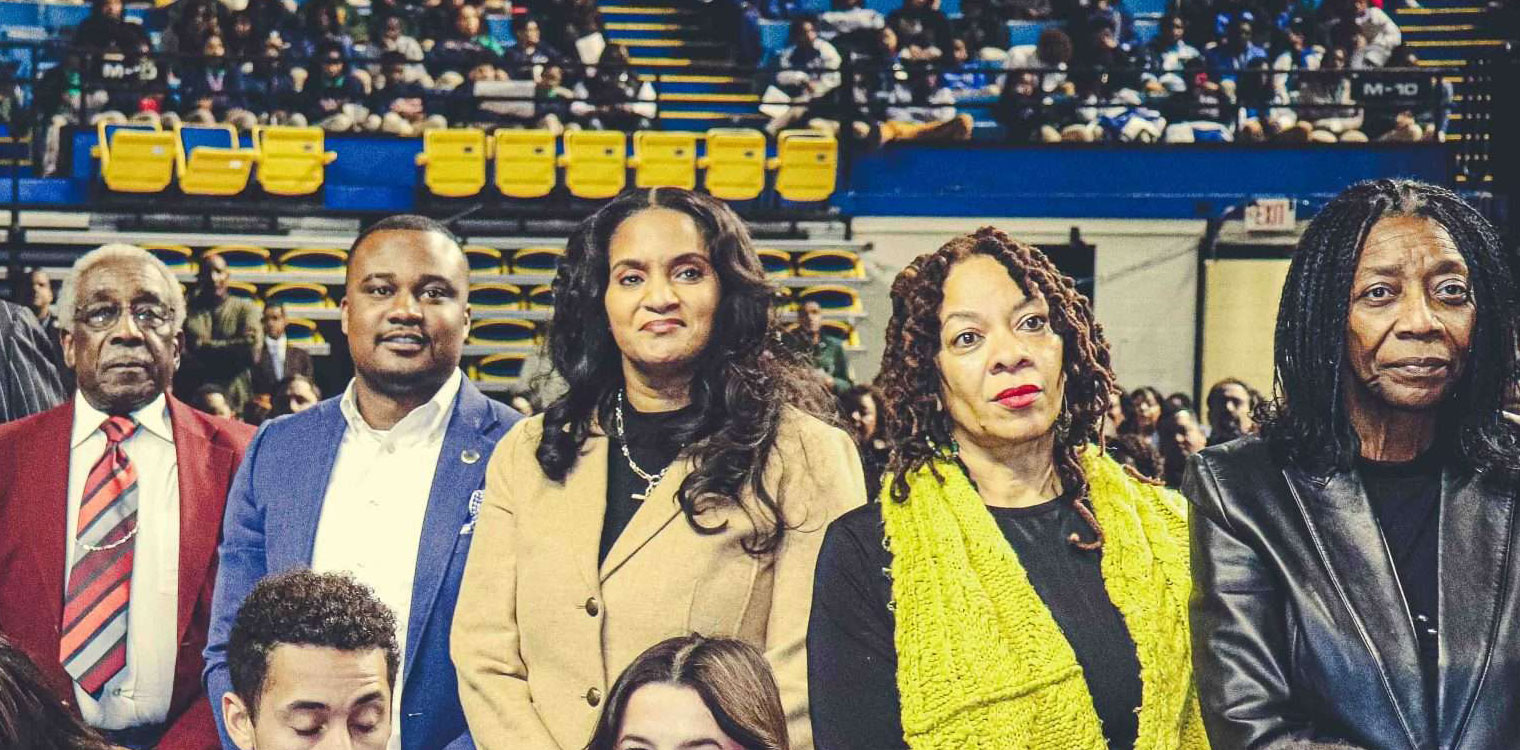
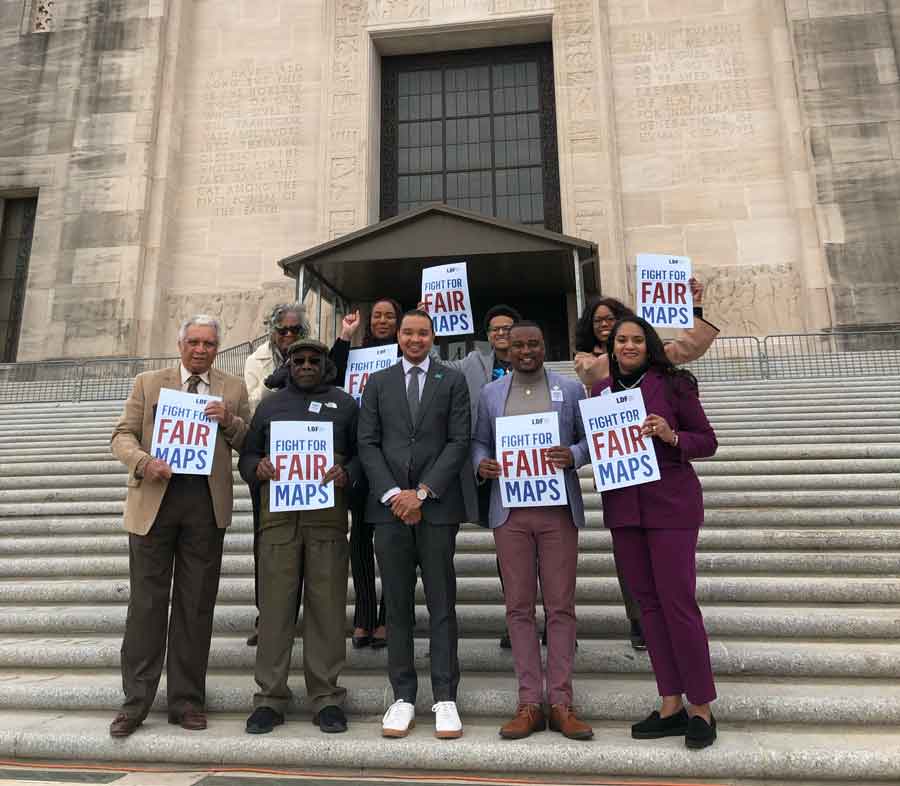
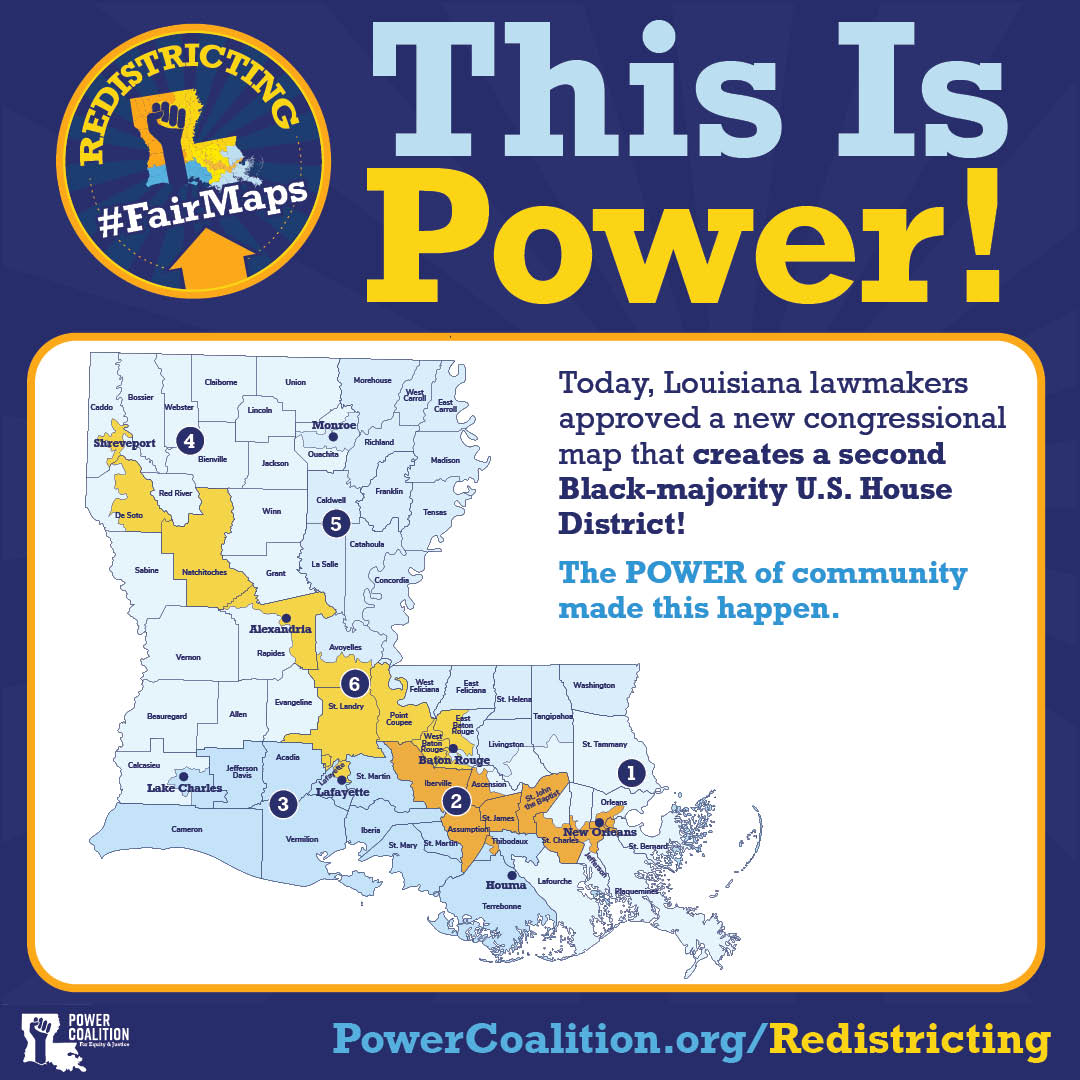
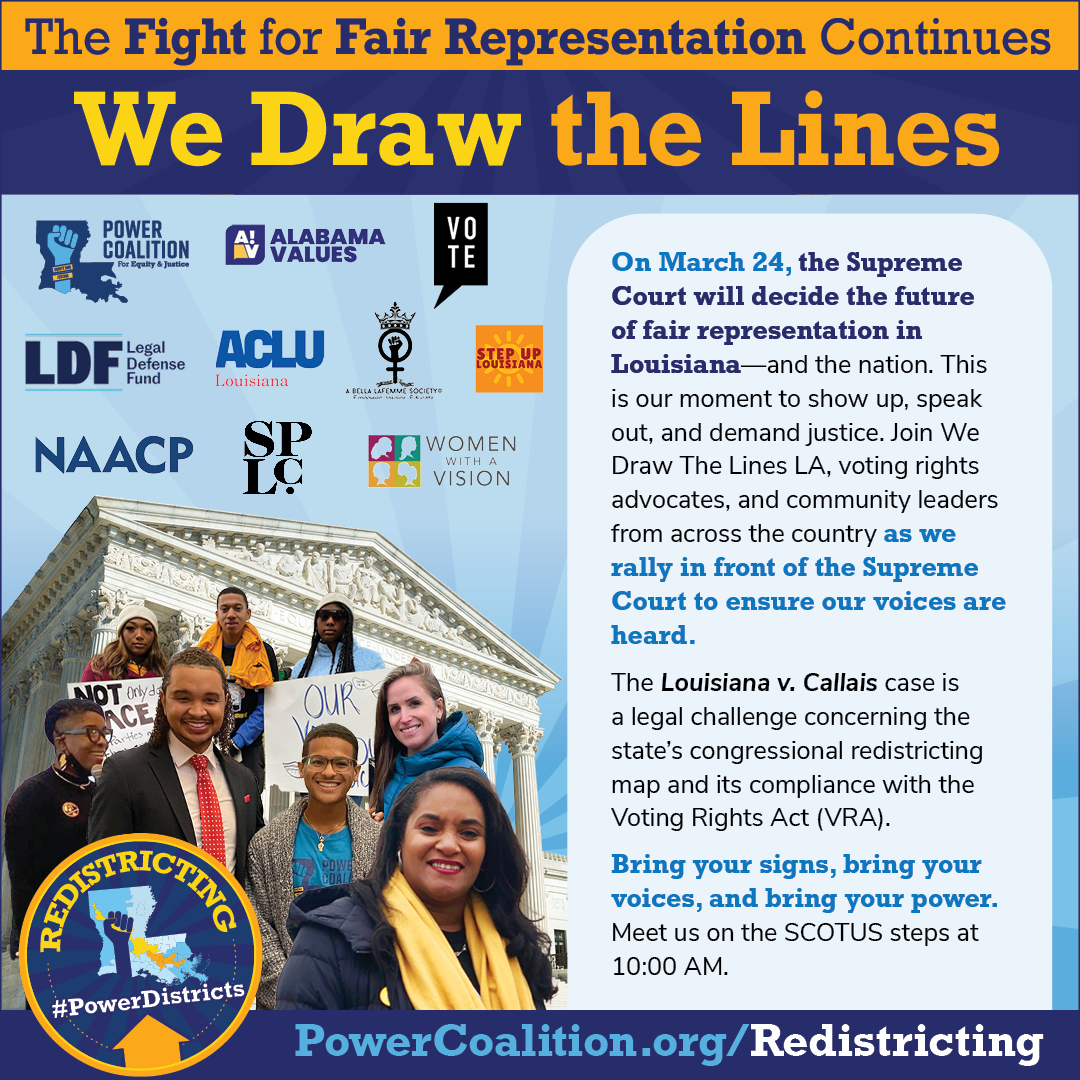

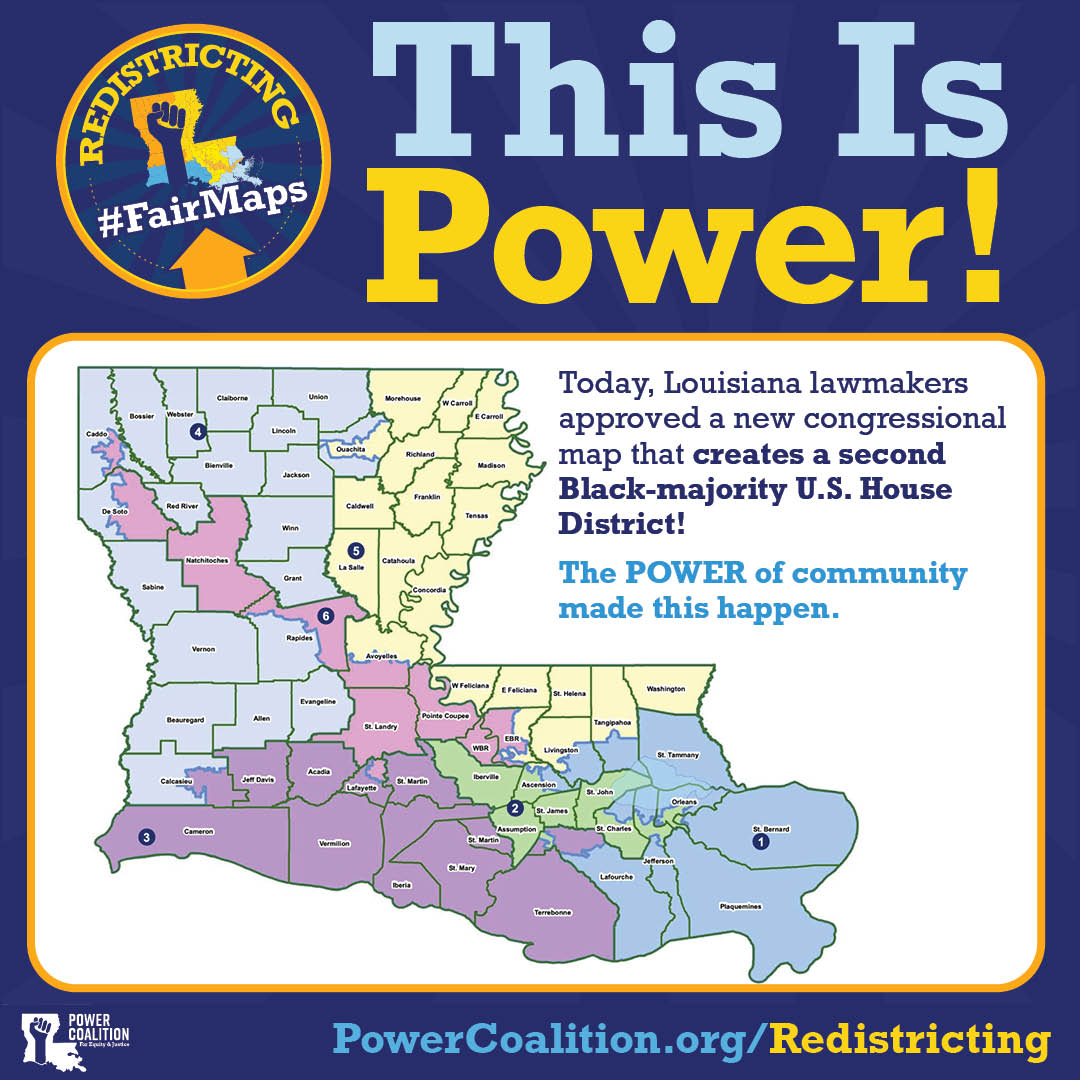

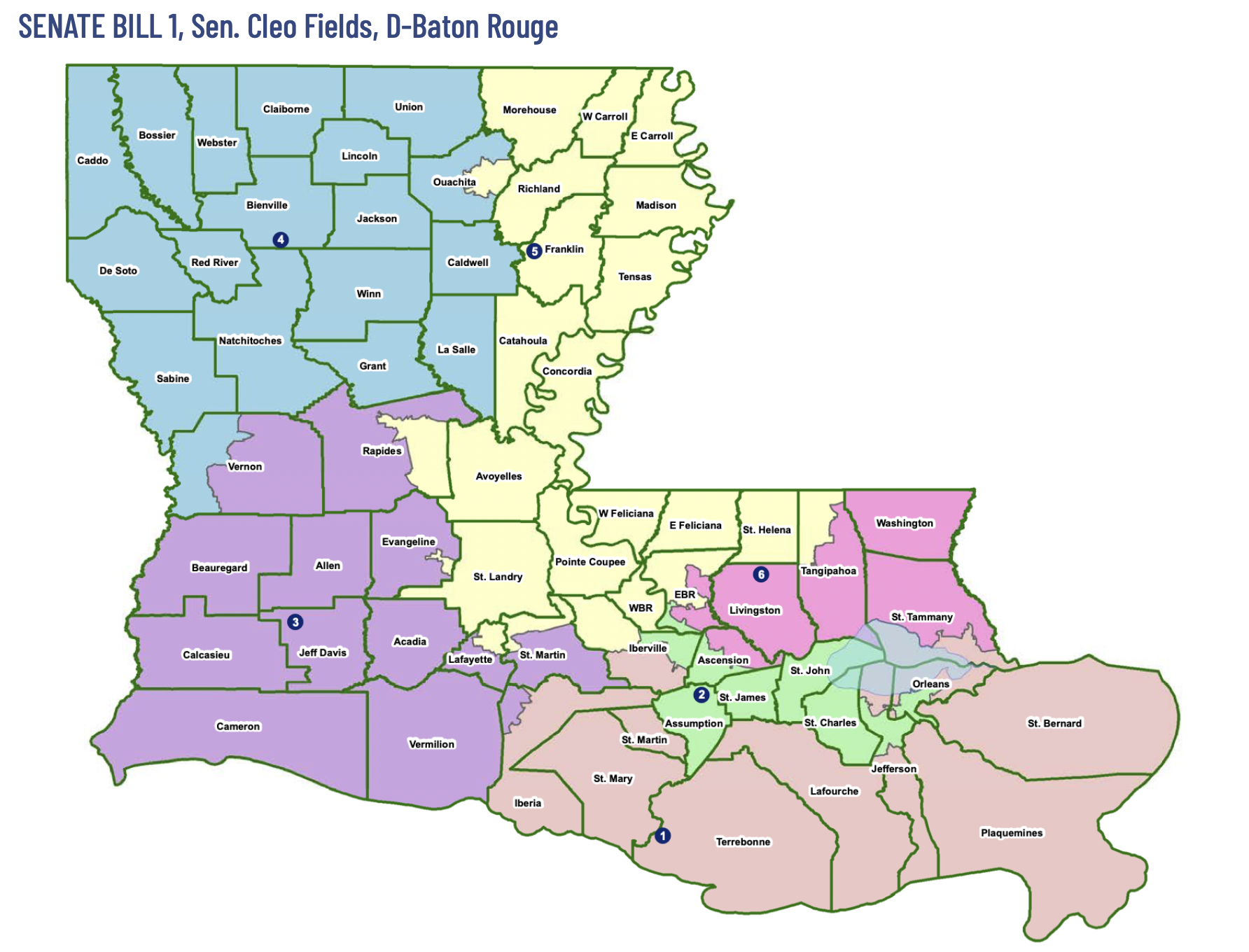 Click to View Map Larger.
Click to View Map Larger.